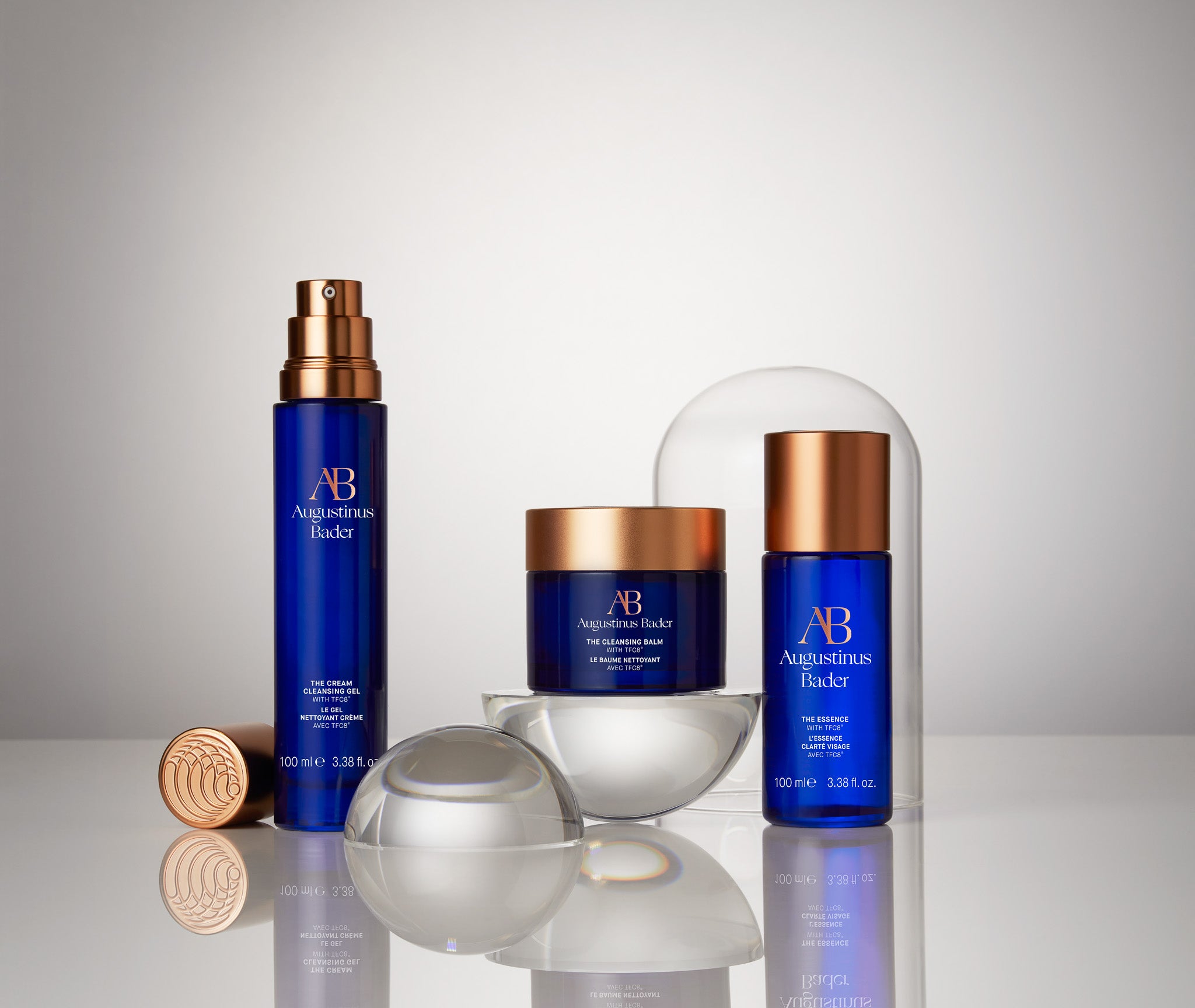Is it necessary to protect against blue light?

Before delving into the damage caused by this light, we need to clarify what it is, where it is found and how it differs from UV rays.
The blue lightis a part of the visible light spectrum that has a short wavelength and high energy. It is found in natural sunlight and is also emitted by electronic devices such as computers, cell phones and televisions.
UVrays, on the other hand, have shorter wavelengths than visible light and can be harmful to the skin and eyes if overexposed. The human body has defense mechanisms to protect itself from UV rays, such as melanin production in the skin and pupil contraction in the eye. However, prolonged exposure to UV rays can cause sunburn, premature aging and increase the risk of skin cancer.
Prolonged exposure to blue light has always been associated with negative effects such as; sleep disturbance, eye fatigue, headache or increased heart rate.
But, after the pandemic, the Spanish Association of Dermatology and Verenology opened the debate on the damage that this type of light can cause to the skin.
Excessive use of screens has been shown to cause skin damage due tooxidative stress. This is reflected in premature aging of the skin and the appearance of blemishes.
The reality is that most of us spend a large part of our days in front of a screen. And no matter how much we design a personalized and complete facial routine, if we do not protect ourselves from the harmful lights that affect our skin, everything else will not have the desired effectiveness or benefits.
Therefore, we recommend that every morning, whether you are at home or not, you apply a SPF to take care of yourself and get a healthier and younger skin.
0 comments


